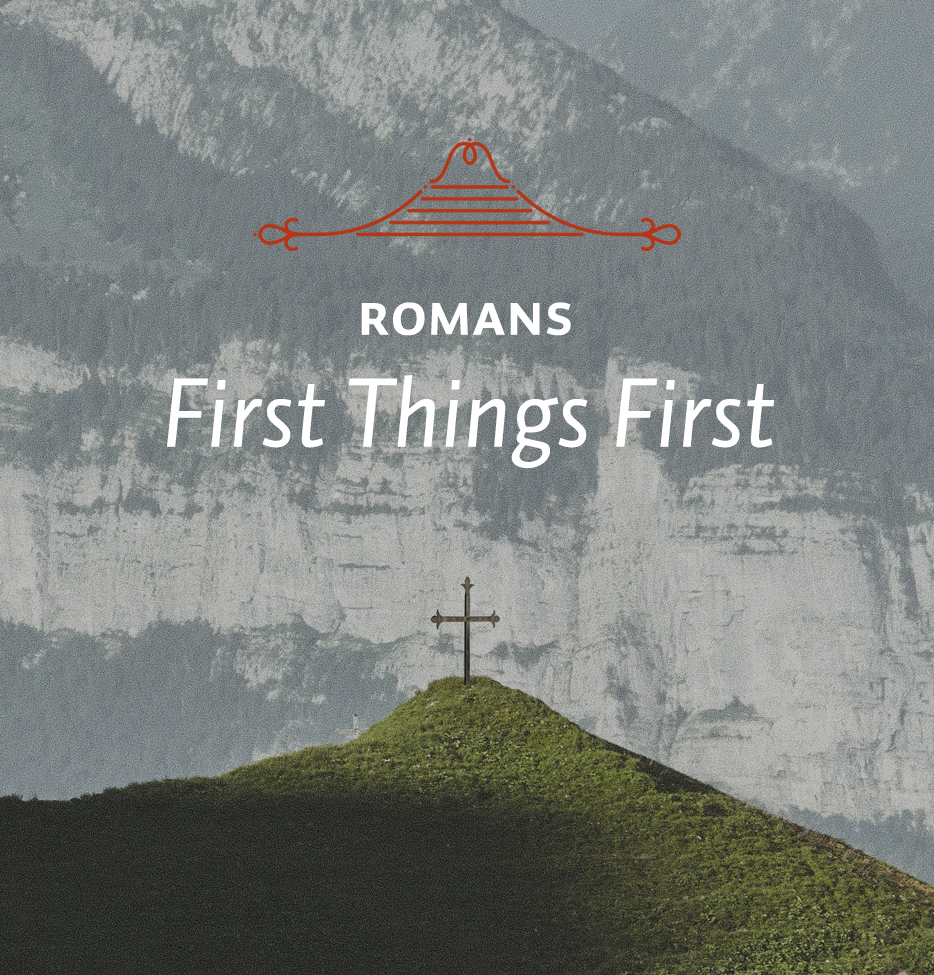The second phrase Paul uses in Romans 12:3 for thinking rightly about ourselves is “in accordance with the measure of faith God has given you.” This is a little bit more than simply seeing ourselves as made in the image of God, indwelt by the Holy Spirit of God and having part in the overall plan of God. It involves what each one of us is uniquely, that is, as different from other people, and it leads to the discussion of spiritual gifts that follows in this chapter.
“Faith” here can be taken in three ways. It can mean either:
1. Our confidence or trust in God. Hence, “Think of yourself… in accordance with the measure of your actual trust in God” (that is, “not as trusting God more than you actually do”).
2. Our knowledge of God or of “the faith” God has revealed; hence, “Think of yourself… according to the degree of knowledge about yourself and all people that you have attained” (that is, “don’t exaggerate the human condition”).
3. Our individual spiritual gifts received by faith; hence, “Think of yourself… in accordance with the specific gifts or talents God has given you.”
This last meaning is the most unusual, but it is the one to be preferred here because of the context. The first part of verse 3 looks back to what Paul has said in verses 1 and 2. We are to think “soberly” as one aspect of what it means to have a renewed mind. The second part of verse 3 looks ahead to what is going to be said about gifts. We are to understand that the church contains many members and that these have been given and exercise diverse endowments. We do not have all of these gifts ourselves, and we are to evaluate our contribution to the church on the basis of the gifts we have, not on the basis of another’s talents.
John Murray says, “It is called the measure of faith in the restricted sense of the faith that is suited to the exercise of this gift, and this nomenclature is used to emphasize the cardinal place which faith occupies not only in our becoming members of this community but also in the specific functions performed as members of it.”1
So part of a genuine humility has to do with understanding the spiritual endowments God has given us, taking this seriously and beginning to use those gifts for God. This is exactly where the remainder of this paragraph is going, of course. For after teaching us in the next two sentences that the church is made up of many diverse members and that these members possess different spiritual gifts, Paul continues: “If a man’s gift is prophesying, let him use it in proportion to his faith. If it is serving, let him serve; if it is teaching, let him teach; if it is encouraging, let him encourage; if it is contributing to the needs of others, let him give generously; if it is leadership, let him govern diligently; if it is showing mercy, let him do it cheerfully” (vv. 6-8).
As we go on this month we are going to discover that each of us is responsible for discovering what our particular gifts are and using them. It is a false humility that says, “I don’t have anything to offer to anyone. God can’t use me.”
1John Murray, The Epistle to the Romans, 2 vols. in 1 (Grand Rapids, MI: Eerdmans, 1968), vol. 2, 119 (cp. 118). See also Charles Hodge, A Commentary on Romans (Edinburgh and Carlisle, PA: The Banner of Truth Trust, 1972), 386-387. Original Edition 1835.






